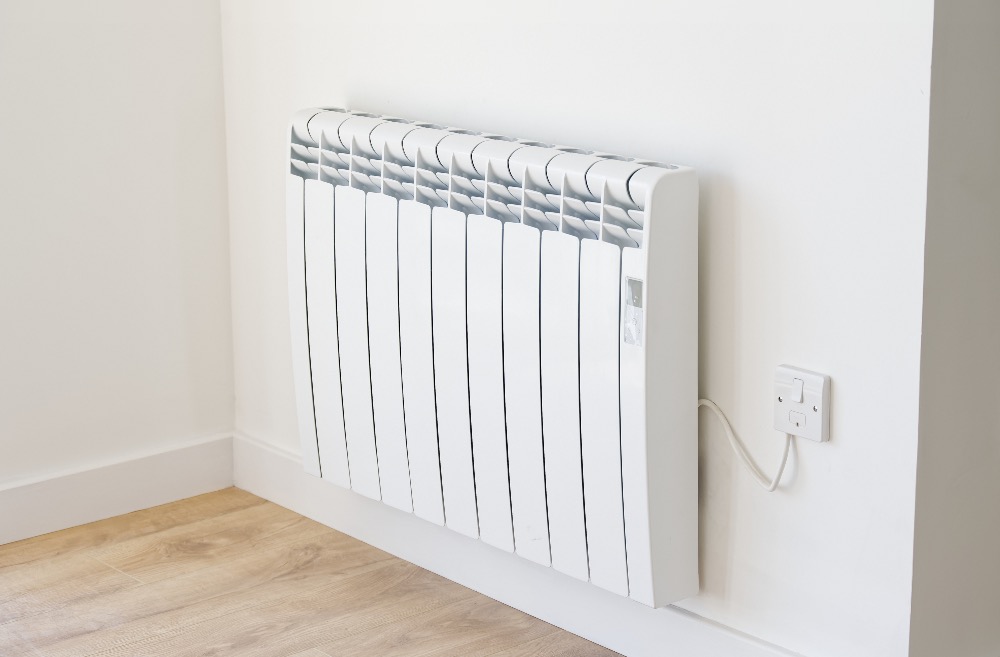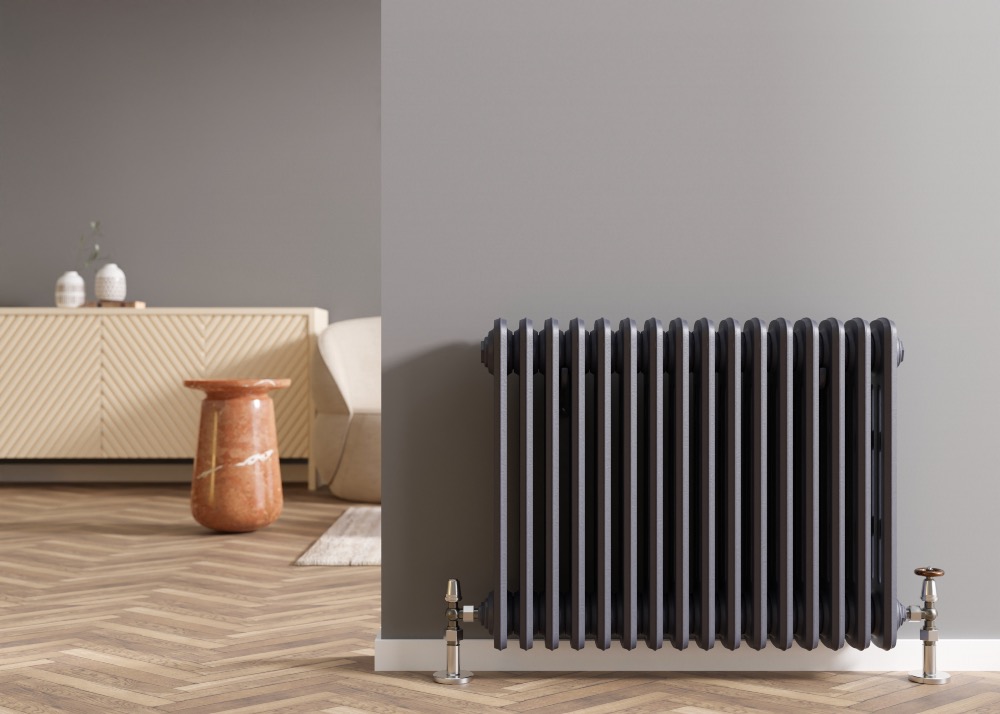Last Updated: Sunday, 11th February 2024
Electric vs Traditional Radiators: Which is better?
The realm of home heating presents a continuous discussion on electric versus traditional radiators. Both systems present distinct advantages and disadvantages. This article aims to provide an unbiased comparison of the two.

Electric Radiators: A Contemporary Option
Electric radiators have seen a rise in popularity in recent times, but its not all rosey. They key points to consider include:
Efficiency: Electric radiators are nearly 100% efficient, converting almost all the electricity they consume into heat.
Easy Installation: These radiators are straightforward to install, requiring no extensive pipework or connections to a central heating system.
On-Demand Heating: Electric radiators heat up quickly, providing warmth very quickly when you need it.
Eco-Friendly: When powered by renewable energy sources, electric radiators can be a sustainable heating option.
Expensive to run: Electric radiators can be more costly to run due to the higher unit price of electricity. At the time of writing, electricity prices are 3x more expensive than gas.
Central Heating Radiators: The Timeless Classic
Traditional radiators, connected to a central heating system, have been the go-to choice for many homeowners for decades. Here's why:
Cost-Effective: Running on gas, traditional radiators are often more affordable in terms of energy costs.
Uniform Heating: These radiators provide even heat distribution, ensuring every corner of the room is comfortably warm.
Reliability: Traditional radiators have stood the test of time, proving their reliability and durability.
Easy Maintenance: With fewer electronic components, traditional radiators are often more straightforward and cheaper to maintain.
Slower to Warm Up: Owing to the distance from the boiler, traditional radiators can take longer to heat up than their electric counterparts.
The Verdict
While electric radiators offer modern features and quick heating, traditional radiators remain a reliable and cost-effective choice for many. Overall, your decision will largely depend on your home's requirements, budget, and personal preferences.
Frequently asked questions
Is it worth switching to electric radiators?
Electric radiators offer advanced features and quick heating, making them a suitable choice for modern homes. However, consider the running costs, installation costs, and your heating needs before making a switch.
Is it cheaper to run an electric radiator or central heating?
While Electric Radiators are more efficient, traditional radiators running on gas central heating are often cheaper in terms of energy costs.
What are the disadvantages of electric radiators?
Electric radiators can be more expensive to run due to the higher cost of electricity. They might also not be as effective in heating larger spaces.
Is it cheaper to use electric radiators?
Electric radiators can be more expensive to run due to the higher cost of electricity.
Any more questions?
If you have any queries or questions about the products we sell, or even your next project, give us a shout! We'll try our best to give you a hand.

